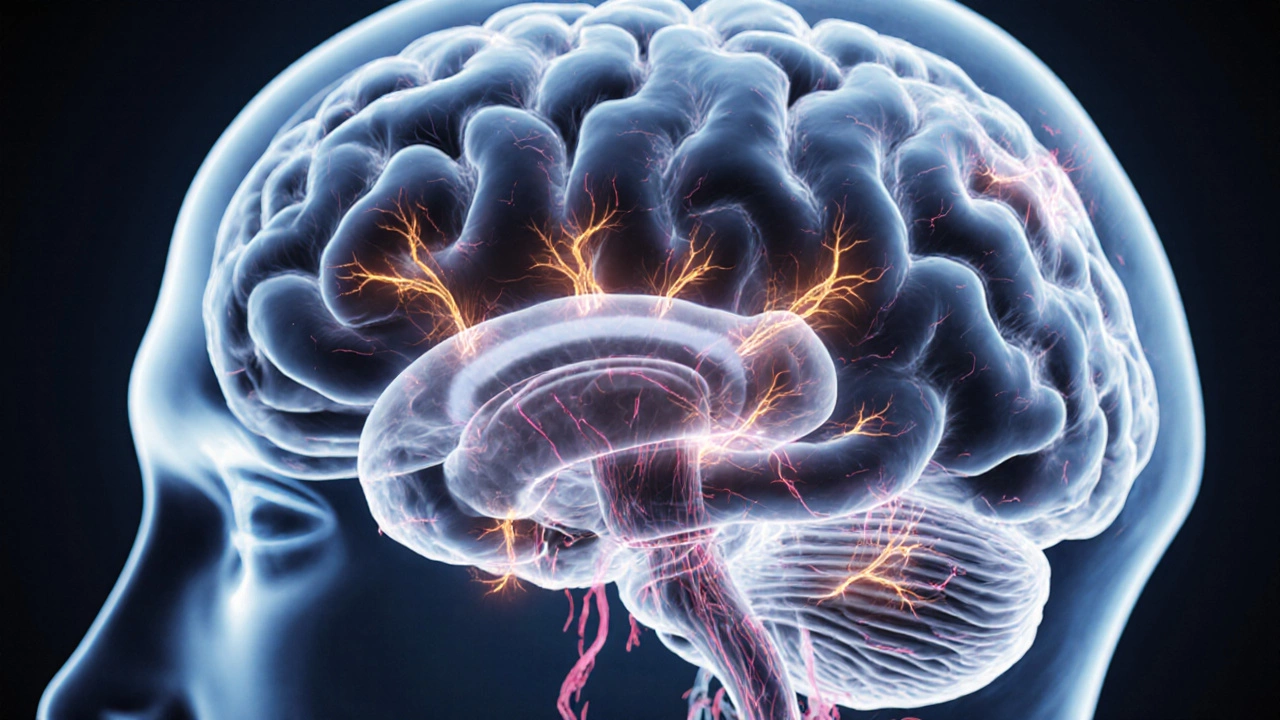Brain Energy Use: How Your Mind Uses Power and Why It Matters
When you think, remember, or even just stare out the window, your brain energy use, the amount of metabolic power your brain consumes to stay active. Also known as neural energy demand, it’s not just a background process—it’s the engine behind every decision, memory, and reaction you have. Even at rest, your brain uses about 20% of your body’s total energy. That’s more than your heart, liver, or muscles—despite making up only 2% of your weight. This isn’t magic. It’s biology. Every thought, every blink of attention, every moment of focus burns fuel—glucose and oxygen—through complex chemical reactions in your neurons.
What’s surprising is how much of that energy isn’t used for thinking at all. Most of it goes into maintaining the electrical balance across your brain cells, keeping ions flowing, signals ready, and networks primed. When you solve a math problem or recall a name, your brain doesn’t just light up—it rewires itself on the fly, using extra power in specific regions. This is called cognitive load, the mental effort required to process information. High cognitive load—like learning a new language or coding under pressure—drains energy fast. That’s why you feel tired after a long meeting, not because you moved, but because your brain worked hard.
And it’s not just about fatigue. Poor brain metabolism, how your brain converts food into usable energy. is linked to conditions like Alzheimer’s, depression, and even chronic stress. Researchers are now studying how diet, sleep, and even breathing patterns affect how efficiently your brain uses energy. Meanwhile, engineers building AI systems are looking at the human brain as a model—trying to replicate its efficiency. Why? Because your brain runs on about 20 watts—less than a dim lightbulb—and still outperforms supercomputers in pattern recognition and learning.
What you’ll find in the posts below isn’t just theory. It’s real science—how researchers measure brain energy, what happens when it runs low, and how tools like EEG and fMRI help us see it in action. You’ll see how public health programs track brain health through nutrition and sleep, how data scientists study cognitive patterns, and why energy efficiency matters even in AI design. There’s no fluff. Just clear connections between how your mind works and what science is learning about it.





